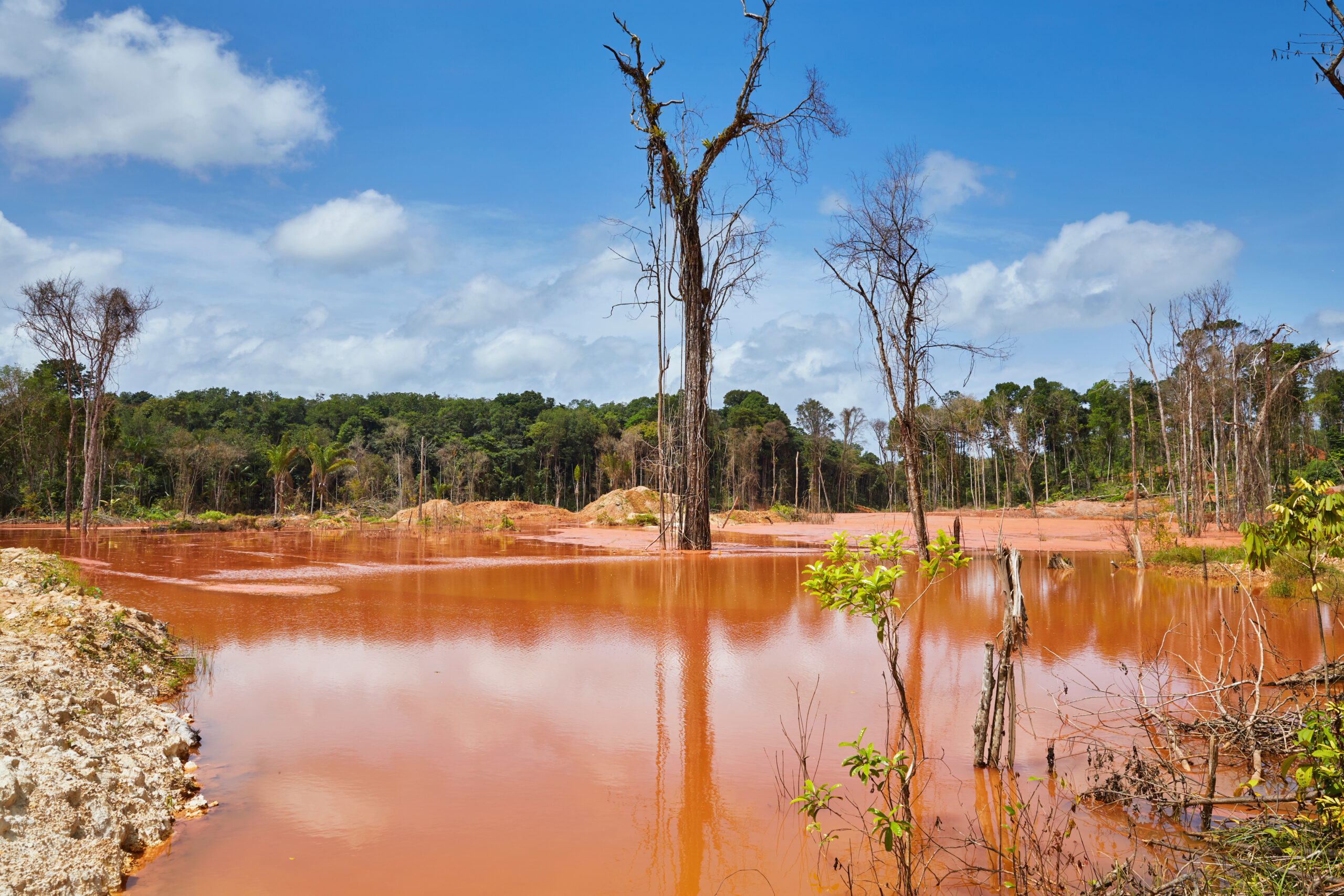EL PAcCTO has organised a working meeting on mercury trafficking. Specifically, on prosecution and the manner in which the mineral it dealt with in criminal investigations in Latin America. The prosecutor’s offices that form part of the Environmental Protection Network of the Ibero-American Association of Public Prosecutors (AIAMP) and the prosecutor’s offices of the region that collaborate with EL PAcCTO came together for a meeting.
The meeting’s opening and closing ceremonies where officiated over by the Colombian Office of the Attorney General. This institution coordinates the Environmental Protection Network at AIAMP. In the presentation, the importance of reflecting on the use or abuse, transport and handling of mercury was highlighted. In addition to investigating and prosecuting the inappropriate handling of dangerous substances. The objective is to advance in cooperation strategies among its members and also against the smuggling of this substance.
Mercury trafficking, an environmental problem
The use of mercury in mining activities is prohibited in some Latin American countries due to its serious effects on both the environment and human health. It also has negative repercussions on the economic and social aspects of countries. According to a report by the Economic Commission for Latin America and the Caribbean (ECLAC, 2018), the countries in the region have the most socio-environmental mining conflicts. According to the study, mercury is used in high-risk informal and illegal activities. However, this is not solely a regional problem, as it has a global dimension that entails gains, losses and challenges for many more countries.
Among the conclusions derived from analysing the questionnaire, it was highlighted that, for the most part, the countries in the region have subscribed to international standards such as the Basel Convention. In some cases there are administrative or criminal regulations that sanction the illegal use of mercury. The recommendation was made to assume that conduct related to mercury (use, transport and management of the mineral) is a criminal offence due to its high toxicity beyond the danger it may pose to the environment.
Specialisation of judges and police in environmental issues
Regarding aspects related to criminal proceedings regarding the management and final disposal of mercury, the need for practical and legal specialisation by both prosecutors and judicial police in environmental issues was highlighted. It is also necessary to promote institutional coordination with environmental organisations or those with similar functions in relation to the custody and storage of this substance. The detailed analysis of this questionnaire and the inputs collected during this meeting will be compiled in a report. It will be prepared by a Spanish prosecutor who specialises in crimes against the environment and matters of transnational organised crime with extensive experience in international legal cooperation with Latin America.
EL PAcCTO’s objectives against environmental crimes
This activity is part of the actions undertaken by EL PAcCTO aimed at fighting large-scale trafficking. It is within the line of work on environmental crimes in matters of justice. Its intention is to advance regarding a definition of crimes that should be introduced in the criminal codes of the legal frameworks of the countries in the region. The goal: to more effectively pursue legal mining.
Also, to reflect on the criminal and regulatory treatment of mercury. In addition to advancing international standards regarding minimum testing to respond to the challenges posed for prosecutors in dealing with the custody, storage and final disposal of such a dangerous substance. Likewise, to inquire into the possibility of creating a joint research team which deals with environmental matters.
